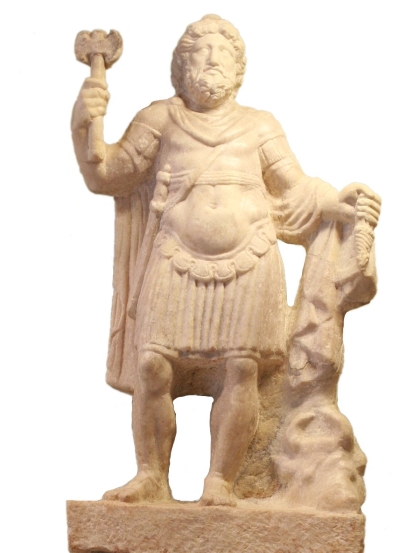Podcast: Play in new window | Download
Subscribe: Spotify | Email | RSS
 In this second part of my conversation with Dr. Larry Hurtado about his book Destroyer of the gods: Early Christian Distinctiveness in the Roman World, we discuss the distinctive “bookishness” of early Christianity, their distinctive use of their scriptures, and early Bible translations.
In this second part of my conversation with Dr. Larry Hurtado about his book Destroyer of the gods: Early Christian Distinctiveness in the Roman World, we discuss the distinctive “bookishness” of early Christianity, their distinctive use of their scriptures, and early Bible translations.
We also compare and contrast early Christian moral instruction with what was typical for their pagan contemporaries. Dr. Hurtado explains some interesting differences regarding different groups of people and sexual ethics.
Finally, we discuss to what extent some of these distinctives were lost during the development of “Christendom,” and how present-day Christians’ place in contemporary Western societies compares to that of early Christians in the Roman Empire.
Links for this episode:
- Larry Hurtado’s blog
- Destroyer of the gods: Early Christian Distinctiveness in the Roman World
- podcast 149 – Dr. Larry Hurtado’s Destroyer of the gods – Part 1
- podcast 100 – Dr. Larry Hurtado on God in New Testament Theology
- podcast 99 – Dr. Larry Hurtado on early high christology
- Jupiter Dolichenus
- Household Codes in the New Testament by Felix Just
- Coptic
- Cyrillic script
- Septuagint (LXX)
- Musonius Rufus (c. 30–62 CE)
- Epictetus (55–135 C.E.)
- Galen (130—200 C.E.)
- This week’s thinking music is “Acoustic Blues” by Jason Shaw.
